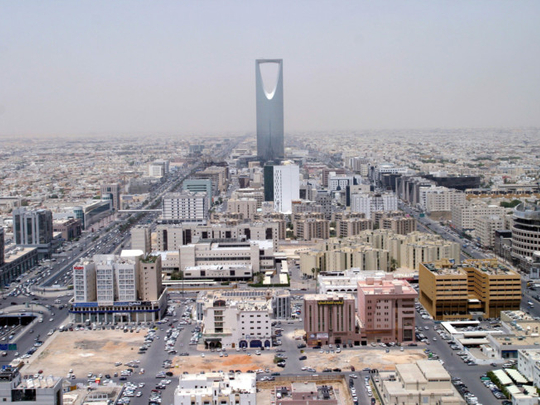
This month was the end of the line for many Asian expatriates in Saudi Arabia who chose to return home following the conclusion of the school year and final exams. With rising levies on each expat every successive year, many of them folded up and made preparations for an early departure. For those unfamiliar with the levy, the Kingdom of Saudi Arabia instituted a serious of financial reforms in an effort to wean themselves off the dependency on oil, which, in recent years, has not proven to be a stable or reliable source of revenue.
It is no secret that many of the Gulf Cooperation Council (GCC) countries have begun opening other channels to generate income and age-old traditions such as no taxes or levies are slowly fading away in one country after another. The value added tax (VAT), introduced by some of the GCC countries, is another example of how governments are looking at alternative ways to increase revenue.
Naturally, many of the lower-income expats are the hardest hit by these new economic measures. So much so that a reported 605 expat families have decided to send their children back to their homelands to offset the levies and continue working here on a bachelor status. The countries most affected are India, Pakistan, Sri Lanka, Philippines, Bangladesh and Nepal.
The Saudi government’s move was not met with a measure of confidence as business owners feared that the loss of their skilled expat work force would bring businesses to a halt. The Jeddah Chamber of Commerce and Industry (JCCI) has asked the Ministry of Labour and Social Development to cancel expat levy for firms that have equal number of Saudis and expat workers on their rosters. The committee head of the Jeddah Chamber of Commerce and Industry Entrepreneurship Committee said 25 per cent to 30 per cent of private establishments may shut down if no changes are made to the current policies. The head of JCCI has called for a study to assess the performance of businesses and implement Saudisation policies accordingly, rather than follow a uniform job nationalisation policy that may damage businesses in some areas. An official at the Al Jouf Chamber of Commerce and Industry said most of the private sector consists of small and medium enterprises that will be adversely affected by the cumulative tax bill that the ministry plans to implement.
The Council of Saudi Chambers has proposed a few changes to the expat levy policy. It has called for an extension to the deadline for expatriate levy to 2025 from 2020. It has also called for an exemption of micro, small and medium-sized businesses from expat levy in their initial years.
Some economists have cautioned that the end result of these new measures will be contrary to what was actually intended. These steps, instead of doing a favour to the country and its people, may ultimately prove to be counter-productive. The adverse consequences of expatriate fees are rising. It is slowly proving that the decision has resulted in more harm than good.
The country will suffer economic pitfalls in view of the mass departure of expatriates and their families. This will have a negative impact on the market, which is already suffering from a lack of economic activity. A major proof of this is the streets full of signs advertising vacant apartments and shops for rent. The country and its citizens will now have to pay dearly for this decision.
The rent for residential units continues to decrease since the downward trend began about six months ago when the exodus of expatriate families started, following the imposition of dependent levy. In business establishments where Saudisation was enforced, many have not lived up to expectations. Many car rental companies have shut down ahead of the March 18 Saudisation deadline. Apparently, not all establishments have complied with the decision of the Ministry of Labour and Social Development, while some have closed their doors for fear of inviting hefty fines for not abiding by Saudisation rules.
“The sector cannot pay high salaries to Saudis because business owners have to pay back the installments of the vehicles they bought and have to pay operational expenses, including vehicle service, gasoline, oil change, daily washing, annual rent for office space and other expenses,” said one investor. His business no longer generates the same lucrative profits it used to. The question therefore arises: Where are the gains from the imposition of fees on expatriates and their dependents?
Despite complaints from sections of the private sector, Saudi Arabia has no plans to revise the expat fee that was imposed this January on businesses that employ foreign workers in the country. That was clearly stated recently by Finance Minister Mohammad Al Jadaan: “There are no plans to revise any of the reforms that we have implemented.” “These have been modelled for an extended period of time. We knew what the impact is going to be.”
Tariq A. Al Maeena is a Saudi socio-political commentator. He lives in Jeddah, Saudi Arabia. You can follow him on Twitter: @talmaeena.









